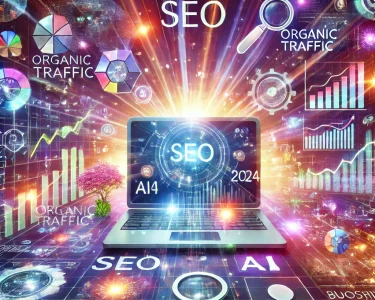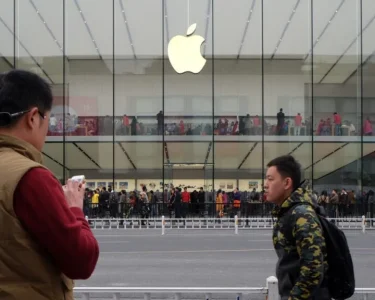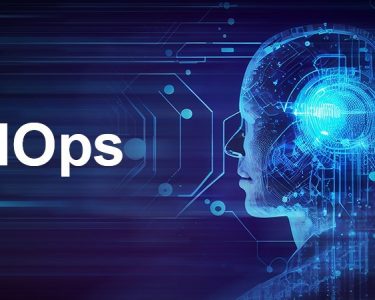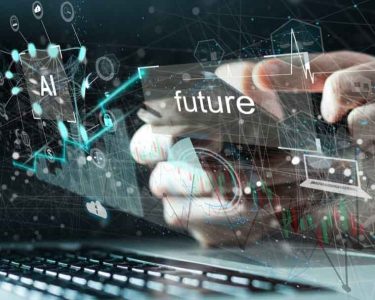In today’s digital landscape, the emergence of generative artificial intelligence (AI) is reshaping how content is created across various industries. This revolutionary technology is not just transforming traditional methods but is also enhancing creativity, efficiency, and personalization in content production. From media and entertainment to marketing and education, the impact of generative AI is profound and far-reaching.
What is Generative AI?
Generative AI refers to the type of artificial intelligence algorithms designed to create content. It can generate text, images, music, and other forms of media by learning from existing data sets. This capability makes it a powerful tool for industries that rely heavily on content production.
Transforming the Media and Entertainment Industry
In the realm of media and entertainment, generative AI is making significant strides. Film studios and television networks are using AI to script stories, generate realistic animations, and even create music scores. This not only speeds up the production process but also reduces costs and allows creators to experiment with new artistic expressions. For instance, AI-driven platforms can analyze viewer preferences to tailor content that resonates more deeply with audiences, potentially revolutionizing how stories are told.
Revolutionizing Marketing and Advertising
Marketing and advertising have also been transformed by generative AI. Companies are leveraging AI to create personalized advertising campaigns that dynamically adjust content based on consumer behavior and preferences. This level of personalization was unimaginable a few years ago. Generative AI helps brands craft unique messages at scale, ensuring that each piece of content is optimized for its target audience, thereby increasing engagement and conversion rates.
Enhancing Educational Content
In education, generative AI is being used to develop customized learning materials that adapt to the pace and understanding of each student. This personalization enhances learning outcomes by addressing individual strengths and weaknesses. Teachers can use AI to generate practice tests, interactive lessons, and even educational games that make learning more engaging and effective.
Impacting the Publishing Industry
The publishing industry is not left behind in this AI revolution. Generative AI tools are assisting writers and editors by suggesting content improvements, generating ideas for stories, and even writing entire articles on specific topics. This can greatly reduce the time it takes to produce high-quality written content, making publishing more dynamic and responsive to current events.
Ethical Considerations and Challenges
Despite the benefits, the rise of generative AI in content creation is not without challenges. Ethical concerns such as data privacy, intellectual property rights, and the potential for generating misleading information are at the forefront. Moreover, there is a growing debate over the loss of jobs as AI technologies automate tasks traditionally performed by humans.
To navigate these challenges, industries are encouraged to develop guidelines that promote ethical use of AI while fostering innovation. It’s crucial that AI tools are designed to augment human creativity and decision-making, rather than replace them entirely.
The Future of Content Creation with AI
As we look to the future, the integration of AI in content creation is only expected to deepen. With advancements in machine learning algorithms and the increasing availability of data, generative AI will become more sophisticated and widespread. This will not only enhance the quality and efficiency of content production but also open new avenues for personalized content that can meet the specific needs of individuals.
For businesses and creators, staying abreast of these technological changes and understanding how to ethically leverage AI tools will be key to thriving in a rapidly evolving digital world.
For more insights into how AI is shaping various industries and what this means for the future of technology, visit our detailed analysis on Digital Digest.





